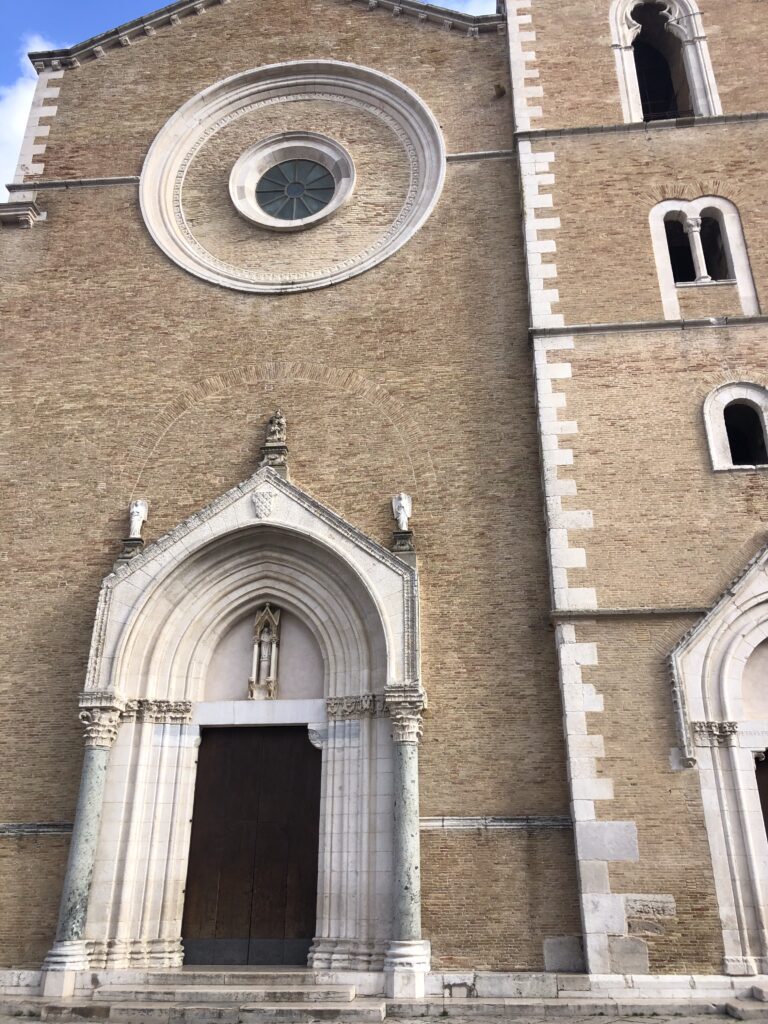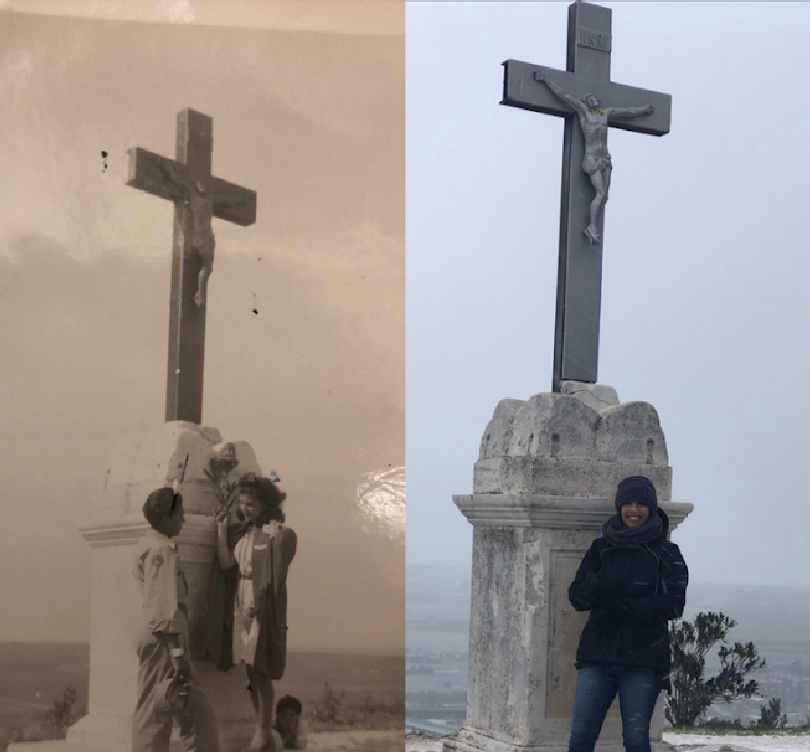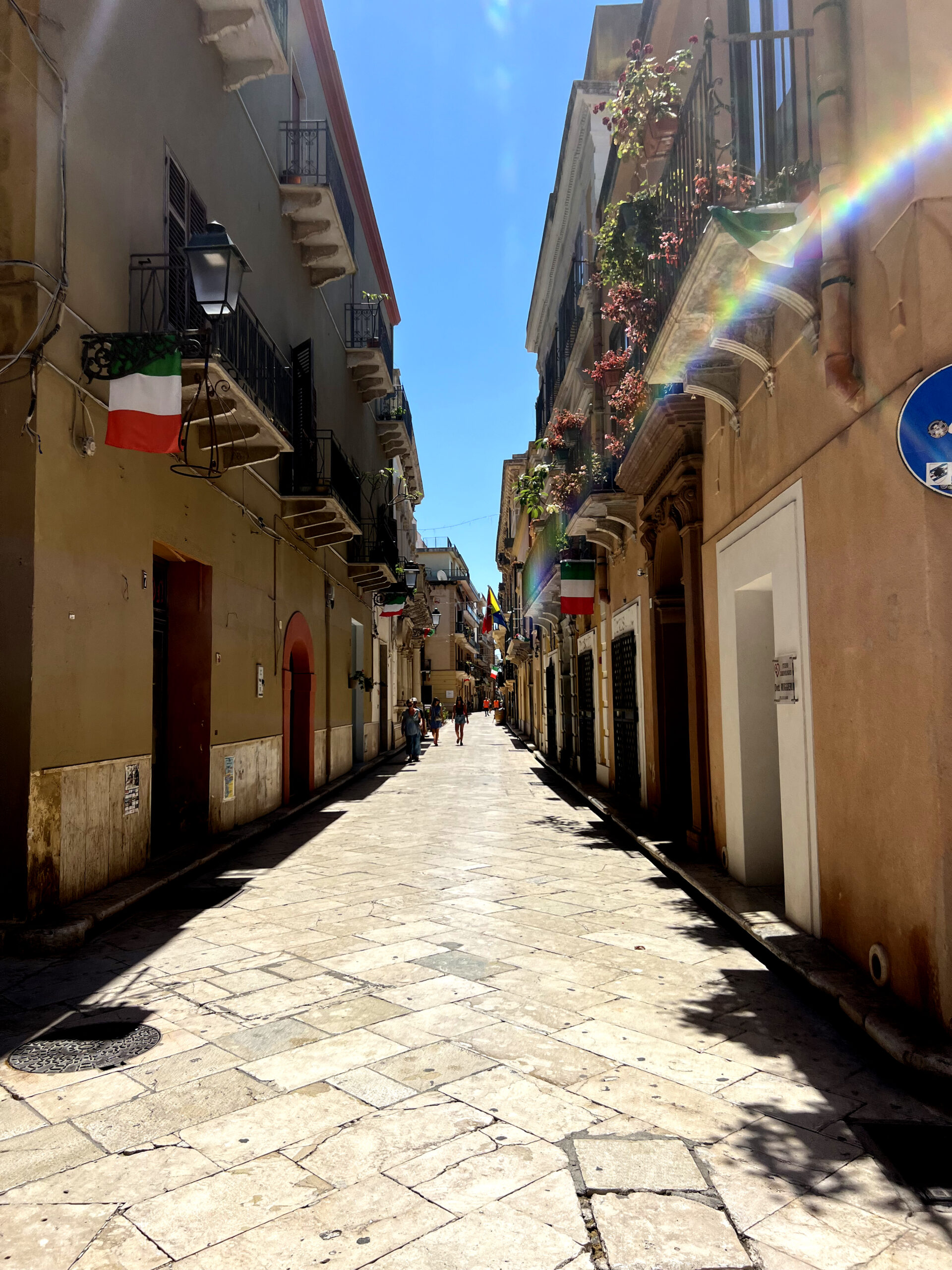The Story I Never Planned to Write
I can’t really tell you the exact moment writing the story began. Not the kind of moment where you can circle a date on the calendar and say, here. That’s when it happened. It was quieter, slipperier than that—more like a whisper I almost missed. I was on a plane, somewhere over the clouds. Florida, I think.
I had my phone out, scrolling through distractions, and then I opened the notes app. Without any real intention, I began typing little scraps of the story I thought I knew—bits about my grandmother, details passed down in family conversations, things I had heard so many times they should have been familiar. But the more I typed, the more I realized how much was missing.
It was as if I had opened a door I hadn’t known existed. And once I crossed the threshold, I couldn’t stop.
At first, it was just curiosity. A puzzle. But puzzles always pull you deeper, don’t they? I started reaching out to family members, asking questions I had never thought to ask before. Every answer led to another question, like tugging on a loose thread and finding the whole sweater unraveling in your hands. I turned to books, then to films—every WWII movie I could get my hands on. I devoured historical fiction as if it held the key to understanding what my grandmother’s world might have felt like. None of it was enough. The stories I found were good, but they weren’t her story.
That’s when the restlessness set in. I realized I couldn’t piece this together from the outside. I needed to step into it, breathe it in, feel the weight of the place for myself. So, in a moment that felt half reckless, half inevitable, I booked a ticket to Italy. Alone. In January.
January is not when most people decide to visit Southern Italy. There are no golden beaches waiting, no buzzing crowds, no warm, postcard-perfect days. That was part of the draw. I didn’t want a polished Italy; I wanted the raw one. The Italy my ancestors would have known—not dressed up for visitors, but carrying the quiet truths of everyday life.

Lucera. Tucked in the heart of Puglia, in the heel of Italy’s boot. It wasn’t a tourist capital, not the kind of place people bragged about on glossy postcards. It was just an Italian village. But for me, it wasn’t just any village—it was where my story began long before I was born.
When I arrived, the cold hit first. The air was sharp enough to sting, and every breath seemed to wake me up in a way I hadn’t expected. The stone streets were damp from morning fog, the kind that clung to your clothes and carried the faint scent of woodsmoke. I didn’t know a word of Italian—not one. No safety net, no translator by my side. I was alone in every sense of the word.
And yet, I wasn’t afraid.
That surprised me. What I felt instead was… recognition. A strange familiarity that wrapped around me as I wandered through the cobblestone alleys. They twisted and turned without reason, leading me to small piazzas where daily life unfolded like a quiet play. The cafés, the market stalls, the clatter of cups—everything should have felt foreign, but it didn’t. It felt like I was returning, not arriving.
That’s when I knew this wasn’t going to be just a trip.
The feeling sharpened when I stood before the Duomo. It rose in the center of town, Gothic and solemn, its façade weathered but steady, as though it had stood guard over Lucera’s sorrows and celebrations for centuries. My grandparents had been married there. I knew this fact like a line from a family tree, but standing in front of those heavy wooden doors, the fact transformed into something else entirely.
When I stepped inside, the air was cool and still, my breath hanging visible in the silence. I lit a candle, and in that flicker of flame, I felt something fold in time. Suddenly, I wasn’t just standing in a church; I was standing in the place where their lives had been bound together, where promises had been spoken, where history had shifted quietly, invisibly, in a way that would eventually lead to me. For a heartbeat, I felt them there. My grandparents. My great-grandparents. All of them.
I should have been unsettled by that feeling. Instead, I felt steadied.
It was intimacy I hadn’t expected. With fewer people around, the city whispered rather than shouted. I could hear my own footsteps echoing off ancient walls. I could linger in churches without interruption, no tour groups pressing forward, no chatter breaking the stillness. It left space for my imagination to move freely, to wander into the lives of my great-grandparents. I found myself wondering: what were they thinking the day they left this place?
Lucera in January was no polished stage. Shops closed early, shutters drawn tight against the chill, as if the whole town were exhaling at once. Locals disappeared behind heavy doors, scarves pulled high, their buonasera lingering in the air like echoes of warmth against the cold. And then—silence. The streets emptied, the alleys hushed, as though the town itself had gone to sleep. The evenings felt stripped bare, simple and still, reminding me that life here didn’t race forward—it waited, unhurried, holding its secrets in the dark.
Every alley, every shadow seemed to hum with stories. Not just the ones I came to find, but others—old tales the town had carried through wars, through hunger, through joy and loss. Some of them whispered clearly; others felt like secrets still waiting to be uncovered.
And there, in that silence, in that raw winter light, I realized something. This wasn’t just research. This wasn’t just me trying to stitch together a family history. Something larger had begun to stir.
Because stories don’t always wait for you to write them. Sometimes, they start writing you.
What I felt in Lucera was not only connection but invitation. As though the town itself was saying, You’ve asked the questions. Now you must carry the answers. The strange part was, I didn’t yet know what those answers would be.
That was where the suspense began—not in what I already knew, but in what I didn’t. In the silences between facts. In the gaps no family member could fill. In the shadows of history where official records went missing and only imagination could follow.
The trip wasn’t about checking Italy off a list. It was about standing on streets that had belonged to my story before I ever knew there was a story. It was about letting the cold air strip away all distractions until I could feel the bones of the place.

Looking back now, I can see it clearly: that January was the moment the writing began. But it wasn’t the kind of writing you sit down and plan. It was the kind that creeps up on you, grips you by the collar, and whispers, Pay attention. Don’t be timid.
When I left Lucera, I carried more than photographs and notes. I carried questions I still haven’t answered. Shadows that won’t leave me alone. The sense that the past isn’t as far behind us as we like to believe.
And so the journey began.
But here’s the truth—the story I thought belonged to the past might not be finished after all.
To follow the journey follow on Instagram






